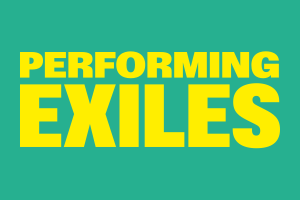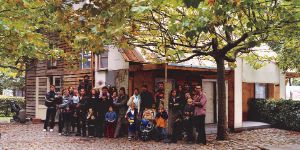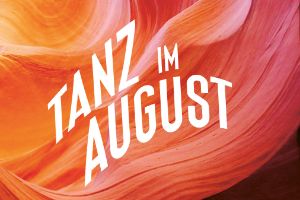

© Folke Köbberling, Martin Kaltwasser
Martin Kaltwasser + Friends
Kraftwerk 2
On a list of artists who could be considered for converting a car park into a playground, Martin Kaltwasser would be at the top. Martin Kaltwasser was a car hater; his work revolved almost exclusively around our society’s mechanism for self-destruction (without using fossil fuels). Kaltwasser converted cars into bicycles, exhibited the “green” smoking area in a corporate car park in Los Angeles at the International Garden Exhibition in Berlin, organised manifestations, shot Instagram spots for Fridays for Future, collaged car accidents out of wood, occupied space in the street with his SUV-sized buggy car and documented his lonely marathon through the exhaust fumes of Berlin’s traffic.
Kaltwasser sadly died in 2022 while jogging in the Tiergarten, so we can no longer ask him to build a large-scale car-hating playset for Radical Playgrounds. Yet it was he who, together with Folke Köbberling, built a 1:1 copy of the fully automated single-family model house that Telekom had recently placed on Leipziger Strasse right here in the car park at Gropius Bau in 2005. They immediately recognised what the provoking positing of a detached house as beacon of hope for our future in the city meant for our environment: waste of resources, urban sprawl, road construction, and establishing the car as the means of transport of the future. Kaltwasser, Köbberling and friends radically built the model house at Gropius Bau from meticulously collected materials that were transported to the construction site by cargo bike. In this way, they placed us, the people – our future and our bodies – at the centre of their art.
For the Kraftwerk Lohberg, Kaltwasser built a fitness centre where all technology is powered by physical strength. This work can be seen as a prototype for the technical facilities of the fully analogue, climate-neutral model house at Gropius Bau, which had not yet been realised in 2005. We have therefore now built a power station for Radical Playgrounds in collaboration with friends and fans of Martin Kaltwasser. It consists of old bikes and materials that we collected from Kaltwasser’s warehouses. Now, with the physical strength of the visitors, it can be used to power different Installations. Collaboration, not competition. Kaltwasser would have liked that.
Martin Kaltwasser (1965–2022) was born in Münster, studied art in Nuremberg and lived and worked in Berlin since 1988. He worked across disciplines spanning architecture, art and activism.
